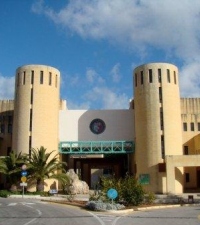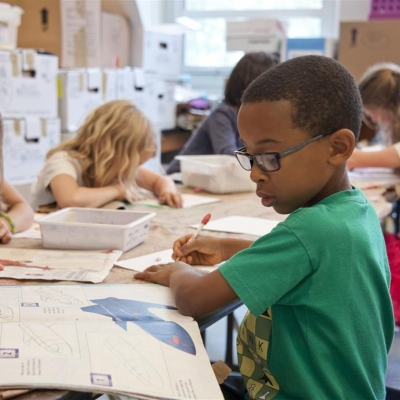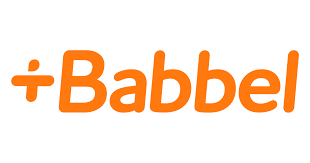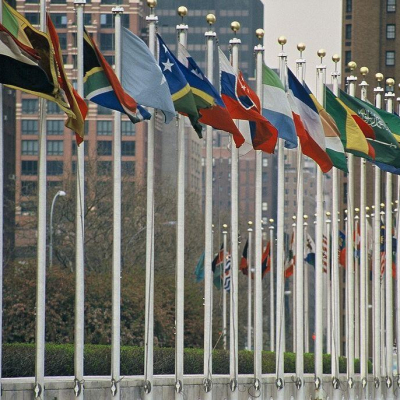Education in Malta

System Overview
The educational system in Malta is closely linked to the British system. Education in Malta is compulsory from age five to sixteen and is structured in three stages: primary (ages 3-11), secondary (ages 11-18) and post secondary/tertiary. The State, Church, and Private/Independent Institutions provide all levels of education. The standards for education in Malta are very high and are comparable to other European countries.
At the State level, education is fully funded and textbooks are provided free of charge.
Tuition at Church and Private schools is fairly inexpensive compared to the rest of Europe. Costs associated with Church and Private schools include registration fees, tuition fees, uniform and transportation costs, and refundable deposits or contributions to the school’s bond or annual fund.
Demand for Church and Private schools in Malta is high. Entry to Church schools in Malta is based on a lottery system. Entry to Private schools requires application and early booking, months or years in advance, depending on the institution.
Child Care Centers
There are both private and public childcare options in Malta for children ages 3 months to 3 years.
Public: Child Care Centers are for children ages 3 months to 3 years. Service is offered to all Maltese children and families, but priority is given based on a needs assessment. Financial contribution by parents or guardians is based on means testing. Find more information about Child Care Centers in Malta on the Ministry of Education’s web site.
Private: A list of private childcare centers can be found here.
Kindergarten and Primary
Primary schools provide education to students aged 2 years and 9 months to 11 years. Primary schools may be State Colleges, Church schools, or Private Institutions.
In Primary Schools, children ages 3-5 may attend Kindergarten. While Kindergarten is not part of compulsory education, almost all parents in Malta choose to enroll their children. In Kindergarten the focus is on informal learning, socialization, and play.
Attendance at primary school is compulsory from the age of 5. Most State run primary schools are co-educational, while Church run primary schools are normally single-sex.
Primary schools are found in most localities in Malta.
Secondary Schools
In Year 6 of their Primary School education (age 11), students sit an Eleven-Plus exam, which places them in a Junior Lyceum (prestigious Secondary School) or less competitive area Secondary School. Junior Lyceum and area Secondary Schools are single-sex.
Junior lyceums are divided into two grade stages: a two year introductory stage which provides foundational knowledge, and a three year specialist stage in which students study a common core curriculum as well as elective subjects. Area secondary schools are also divided into two grade stages: a three year introductory stage and a two year specialist stage.
Secondary Education Certificate (SEC) exams are taken at age 16 (the school leaving age in Malta). Students who continue their studies (just over half of Maltese students) take matriculation examinations (based on the International Baccalaureate) at age 18 to determine university entrance eligibility.
A list of primary and secondary schools in Malta can be found here.
Post-Secondary and Tertiary Schools
The State, Church, and Private Institutions offer post-secondary and tertiary education in Malta.
State institutions are fully funded and include the Giovanni Curmi Higher Secondary School, The Sir Michael Refalo Higher Secondary School, the G.F. Abela Junior College, MCAST (The Malta College of Arts, Science and Technology), and the University of Malta. University of Malta Bachelor degrees take three years to complete, Junior College courses take two years, and MCAST courses vary from one to three years.
Church schools offer Sixth Form Education through a number of Colleges.
Private institutions offer post-secondary, tertiary, foreign, vocational, and ESL/EFL qualifications. All Private institutions in Malta are registered and monitored by the State.
School Schedule
Most Primary and Secondary schools begin at 8:30 am and finish by 2:30 pm, with the school year running from September to June. Private and Church schools may follow different schedules.
Maltese students receive the highest number of days off of all school students in Europe. Holidays include 15 days in December for Christmas, 8 days in April for Easter, three days in November, two days in March, plus public holidays and summer break.
For a list of public holidays in Malta, see Malta’s Department of Information’s web site.
Languages
The official languages in Malta are English and Maltese. Learning English is obligatory in Malta’s education system. English is the main language of instruction at Private schools. While English is the primary language of instruction at State Schools, Maltese is widely spoken. Secondary and tertiary education is provided exclusively in English. Other language classes, such as French, German, and Spanish, are often offered at State and Private schools.
Maltese and religion classes are not compulsory for non-Maltese students. If the non-Maltese children of expats chose not to participate in these classes, alternative studies or free study time is provided. However, as of this writing, Maltese language proficiency at school leaving level is a requirement for university entrance. Students educated in Malta for four years prior to their SEC exam must also take and pass an exam in Maltese.
Homeschooling
Homeschooling is illegal for Maltese students. However, non-Maltese children of expats are permitted to homeschool.
However, as of July 2016, Prime Minister Joseph Muscat and education minister Evarist Bartolo proposed amendments to the Education Act. Under the new rules, parents would be able to apply to the Commission for General Education to provide home schooling for their children (to be carried out by "suitably qualified home educators").
International Schools
There are two International Schools in Malta: the Verdala International School http://www.verdala.org/ and QSI International School http://www.qsimalta.org/.
The Verdala Internationl School offers a fully accredited American Kindergarten through Grade 12 curriculum, International Baccalaureate Diploma Programme, and International General Certificate of Secondary Education (IGCSE) programme. It is a co-educational school and also offers boarding.
QSI International School offers preparation for the IGCSE and an Advanced Placement International Diploma. It is also a co-educational school.
Choosing a School
It is common and recommended to arrange tours and interviews with several schools in advance of your child’s expected enrolment date. Most expat parents choose to send their child to a Private school in Malta (as do roughly 30% of Maltese parents).
Admissions and registration processes vary from school to school, therefore it is highly recommended to contact prospective schools for specific information.
Registering Expat Children for School
To register your child at a State run school, you may be required to present some of the following documentation. Registration procedures vary by school, therefore it is highly recommended to contact schools individually to obtain specific enrolment procedures.
- A passport and/or ID card
- Original birth certificates of the child/children in English, or a legal English translation
- A letter from you indicating your request to enroll your child/children at the school, including your contact information
- Your child/children’s previous school records
- Proof of residence indicating you live in the locality of the school (utility bill, lease or letting agreement indicating landlord’s contact information, etc.)
- Payment (varies by school)
- Your working and residence permit, or freedom of movement document
Students may also be required to undergo an interview and medical checkup.
By Jess Gerrow, who traded city life in Canada for island life in the Mediterranean two years ago. She is a postgraduate marketing student, blogger, and freelance writer.
- My Life Abroad -
A selection of expat stories

"A fun compulsive read!"
J. Matcham, Amazon
"I strongly advise people ready to live abroad to read this book!"
Patrice, Amazon

 International Schools in Malta
International Schools in Malta Official languages and learning
Official languages and learning 5 Top International Education Systems For Expat Kids
5 Top International Education Systems For Expat Kids Babbel
Babbel Embassies and Consulates in Malta
Embassies and Consulates in Malta